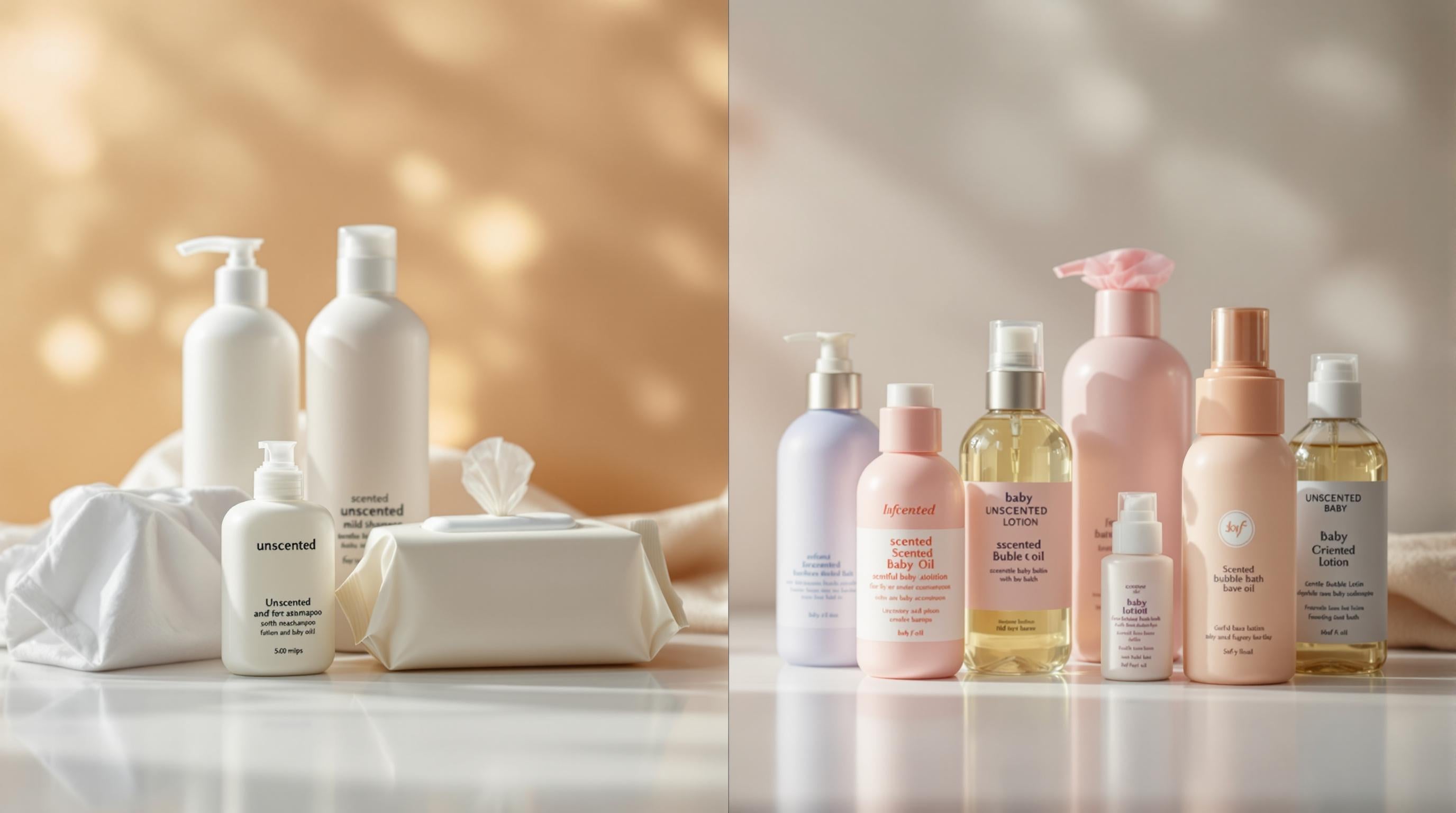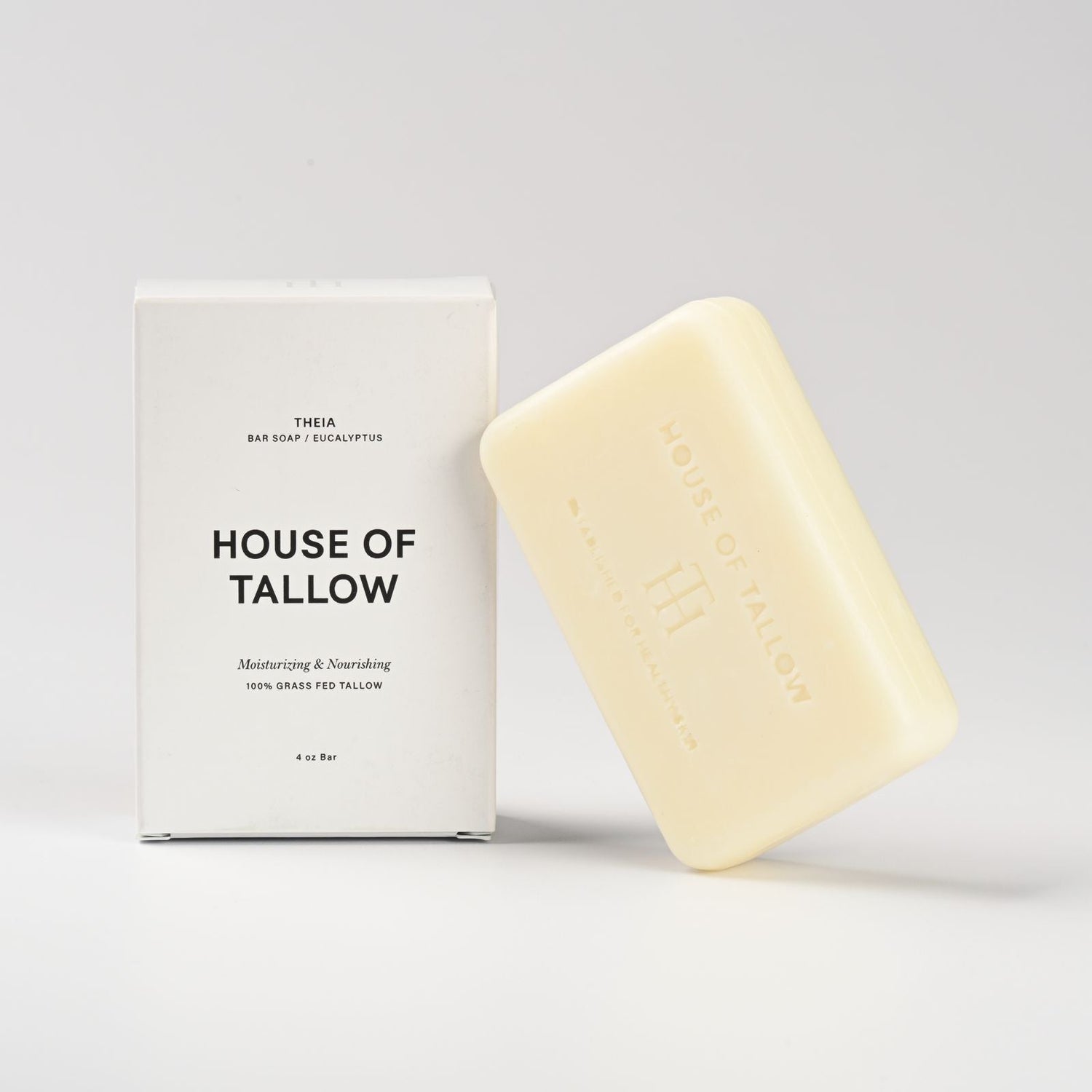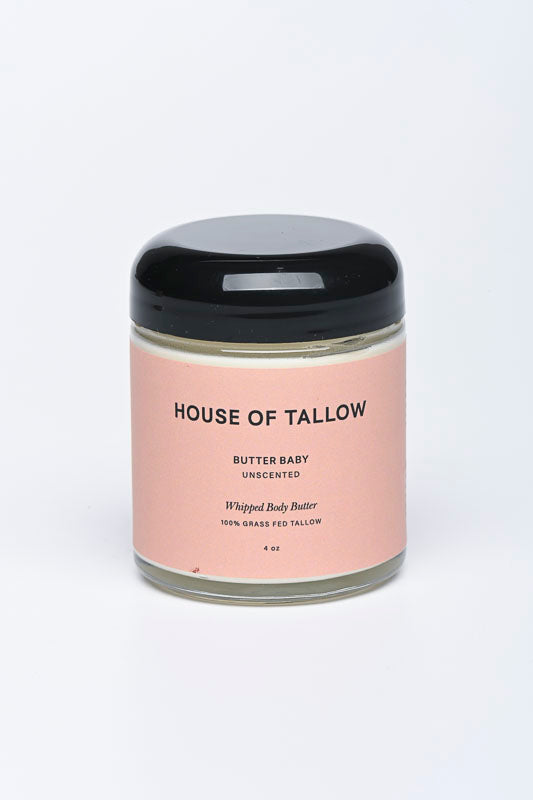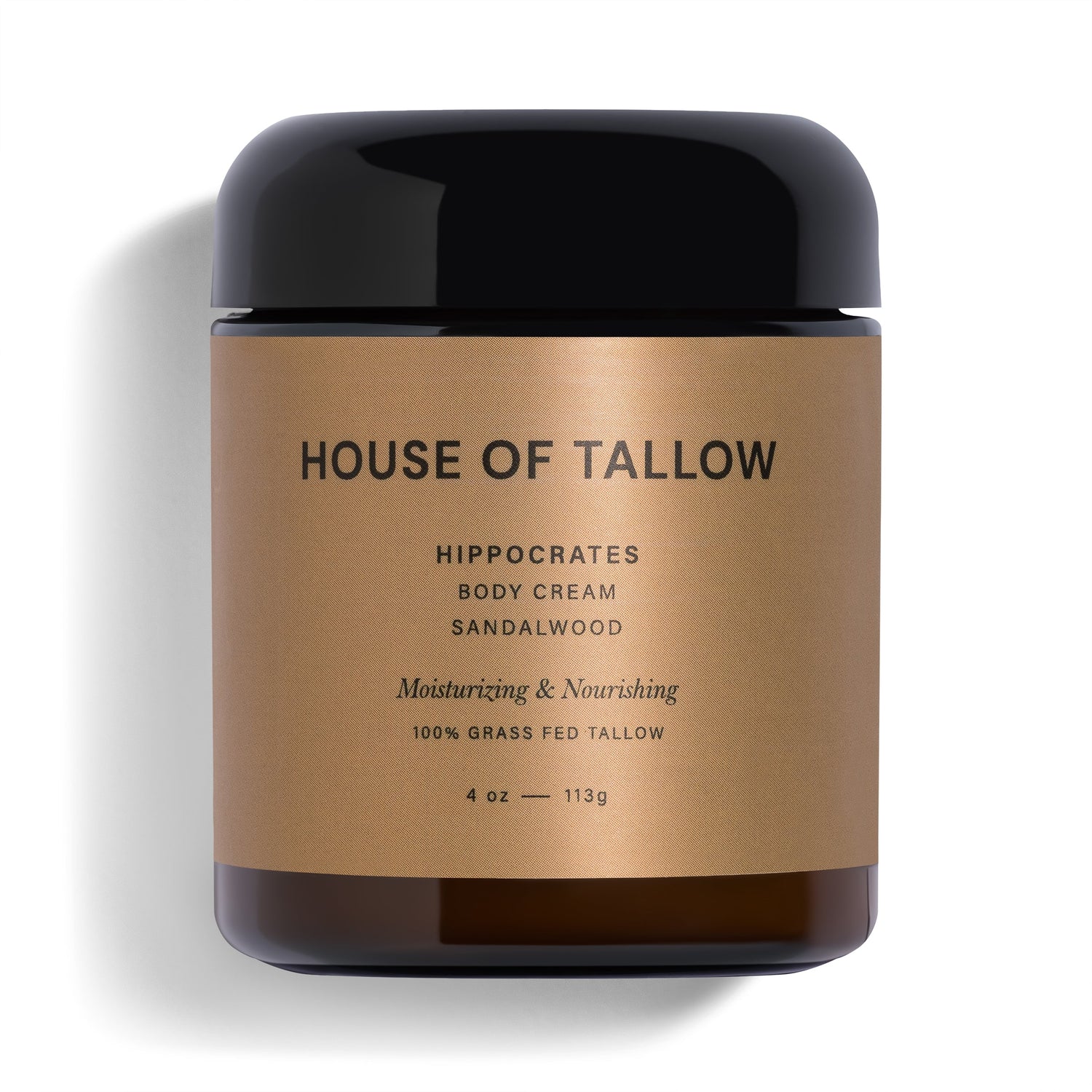When choosing baby products, the main decision is between unscented, scented, and fragrance-free options. Here's what you need to know:
- Fragrance-Free: No added scents or masking agents. Safest for sensitive skin and conditions like eczema.
- Unscented: May include masking agents to neutralize natural odors, which can still irritate sensitive skin.
- Scented: Uses natural essential oils or synthetic fragrances. Natural scents can still contain allergens, while synthetic ones may irritate delicate skin.
Quick Comparison
| Product Type | Best For | Key Ingredients | Example Product |
|---|---|---|---|
| Fragrance-Free | Newborns, sensitive skin | No added scents or masking agents | Babo Botanicals Sensitive Foam Wash |
| Unscented | Mild sensitivity | Masking agents like glyceryl caprylate | Dr. Bronner's Unscented Castile Soap |
| Natural Scented | Older babies, normal skin | Essential oils, plant extracts | Weleda Calendula Cream Bath |
| Synthetic Scented | Normal skin | Artificial fragrances, foaming agents | Aquaphor Gentle Wash & Shampoo |
Key Tip: Always check ingredient labels for irritants like "parfum" or "amyl cinnamal." For maximum safety, choose fragrance-free products or conduct a patch test with scented ones. Certifications like USDA Organic can also help ensure product safety.
Unscented and Scented Baby Products Explained
What Are Unscented Products?
Unscented baby products might seem neutral, but they often include ingredients that mask natural odors. These masking agents can sometimes irritate a baby’s sensitive skin, even though the product appears to have no scent.
What Are Scented Products?
Scented baby products use either natural essential oils or synthetic compounds to create their fragrance. Natural scents come from essential oils, while synthetic ones are made from chemical formulas. Prices for these products can vary depending on the ingredients used. For example, Hello Bello Shampoo & Body Wash and MADE OF Baby Shampoo & Body Wash showcase the variety available in this category [1].
What Does Fragrance-Free Mean?
Fragrance-free products are free from added scents or masking agents, making them a good option for babies with sensitive skin or conditions like eczema. A great example is Babo Botanicals Sensitive Newborn Foam Wash, known for its gentle and non-irritating formula [1].
"Fragrance-free products are the safest choice for babies with sensitive skin or conditions like eczema." - Maia James, Founder of Gimme the Good Stuff [1]
Brands like California Baby are leading the way in offering safer, preservative-free options for babies [1]. Knowing these categories helps you better understand how different products might affect your baby’s delicate skin.
Differences Between Unscented and Scented Products
Ingredient Comparison
Unscented products often include masking agents like glyceryl caprylate or sodium benzoate to neutralize natural odors. While these reduce scent, they can still irritate sensitive skin. On the other hand, scented products rely on either natural essential oils or synthetic compounds, each with its own potential risks.
| Product Type | Key Ingredients | Example |
|---|---|---|
| Unscented | Saponified oils, natural moisturizers | Dr. Bronner's Unscented Pure Castile Liquid Soap [1] |
| Scented (Natural) | Essential oils, plant extracts | Weleda Calendula Cream Bath [1] |
| Scented (Synthetic) | Artificial fragrances, foaming agents | Aquaphor Gentle Wash & Shampoo [1] |
These differences in ingredients directly impact how these products interact with sensitive skin, especially for babies.
Effects on Sensitive Baby Skin
Synthetic fragrances, like those found in products such as Aquaphor and Cetaphil Baby Washes, often irritate sensitive skin. This irritation is commonly linked to foaming agents and other additives [1]. A safer choice for sensitive skin is House of Tallow's unscented Tallow Baby Cream, which uses grass-fed tallow packed with natural vitamins and fatty acids to protect delicate skin.
"I am super extra picky with products that are used on newborns." - Maia James, Gimme the Good Stuff [1]
Exploring the differences between natural and synthetic fragrances further highlights the risks involved.
Natural vs. Synthetic Fragrances
Even natural products, like Weleda Calendula Cream Bath, may include allergens such as limonene and geraniol, which are flagged by the EWG for potential concerns [1]. For those seeking maximum safety, fragrance-free options like MADE OF Baby Shampoo & Body Wash and Poofy Baby Everything Soap provide organic formulations that avoid both synthetic and natural fragrance risks. These products deliver effective cleansing without exposing delicate skin to unnecessary irritants [1][2].
sbb-itb-a1b9fc0
Choosing the Right Baby Product
Reviewing Ingredient Lists
Choosing safe baby products starts with carefully examining ingredient labels. Research indicates that some children's skincare items contain irritants like amyl cinnamal. To make better decisions, look for products with clear, plant-based ingredients and steer clear of vague terms such as "fragrance" or "parfum."
| Ingredient Type | What to Look For | What to Avoid |
|---|---|---|
| Natural | Organic oils, plant extracts, grass-fed tallow | Synthetic preservatives, artificial colors |
| Fragrance | Essential oils (if tolerated) | "Parfum", "fragrance", amyl cinnamal |
| Moisturizers | Natural butters, oils | Petroleum-based ingredients |
Once you've identified safe ingredients, certifications can add an extra layer of confidence in your selection.
Checking for Certifications
Certifications can help confirm the safety and quality of baby products. For example, the USDA Organic certification ensures that products meet strict organic standards, making them a good option for babies with sensitive skin.
"Products certified by the USDA Organic label must contain at least 95% organic ingredients, making them a safer choice for babies" [1].
A great example is California Baby's Super Sensitive Shampoo, which is certified for safety and even used in neonatal care settings [4]. Beyond certifications, the transparency and ethical practices of a brand can also guide your choice.
Evaluating Brand Values and Transparency
A brand's commitment to transparency plays a key role in ensuring product safety. For instance, House of Tallow openly shares its ingredient sourcing and manufacturing processes. They use grass-fed tallow, which is naturally rich in vitamins A, D, E, and K, to provide deep hydration without relying on artificial additives.
When assessing brands, keep an eye out for:
- Clear information about ingredients and sourcing
- Detailed explanations of product formulations
- Commitment to specific purposes and safety standards
Best Unscented Baby Care Products for Sensitive Skin
Conclusion
Understanding the differences between scented and unscented baby products can help you make better choices for your baby's delicate skin. Always consider your baby's unique needs and sensitivity when selecting products.
"Mustela emphasizes that fragrance-free products are the safest for newborns and babies with sensitive skin" [3].
This is especially crucial during the early months, as a baby's skin barrier is still maturing.
If you're considering naturally scented products, proceed cautiously. Start with a patch test to check for irritation or redness. Opt for brands that are open about their ingredients and manufacturing processes, and look for certifications that back their claims.
Here’s a quick breakdown of different product types and their ideal uses:
| Product Type | Best For | Key Considerations |
|---|---|---|
| Fragrance-Free | Newborns, sensitive skin | No added scents |
| Unscented | Mild sensitivity | May include masking agents |
| Natural Scented | Older babies, normal skin | Uses organic, natural scents |
Since every baby’s skin is different, it’s essential to choose products with clear ingredient lists and trusted certifications. Brands like House of Tallow stand out for their commitment to transparency and safety. Their unscented creams, for instance, support your baby's skin health while maintaining its natural balance.




